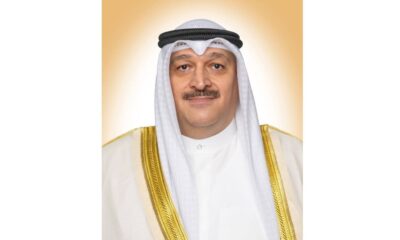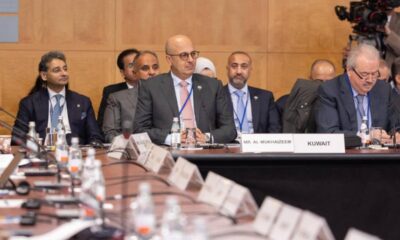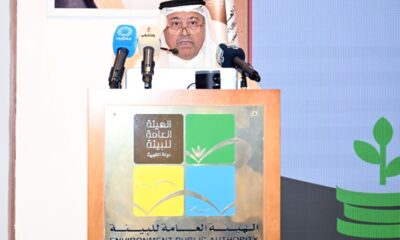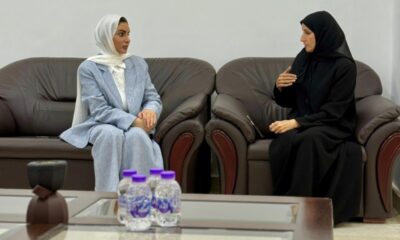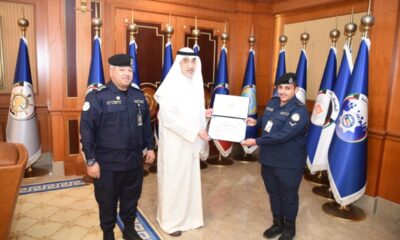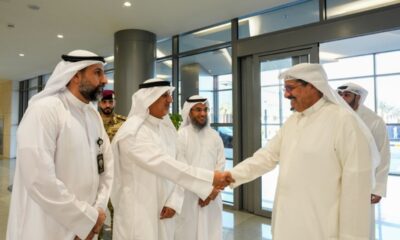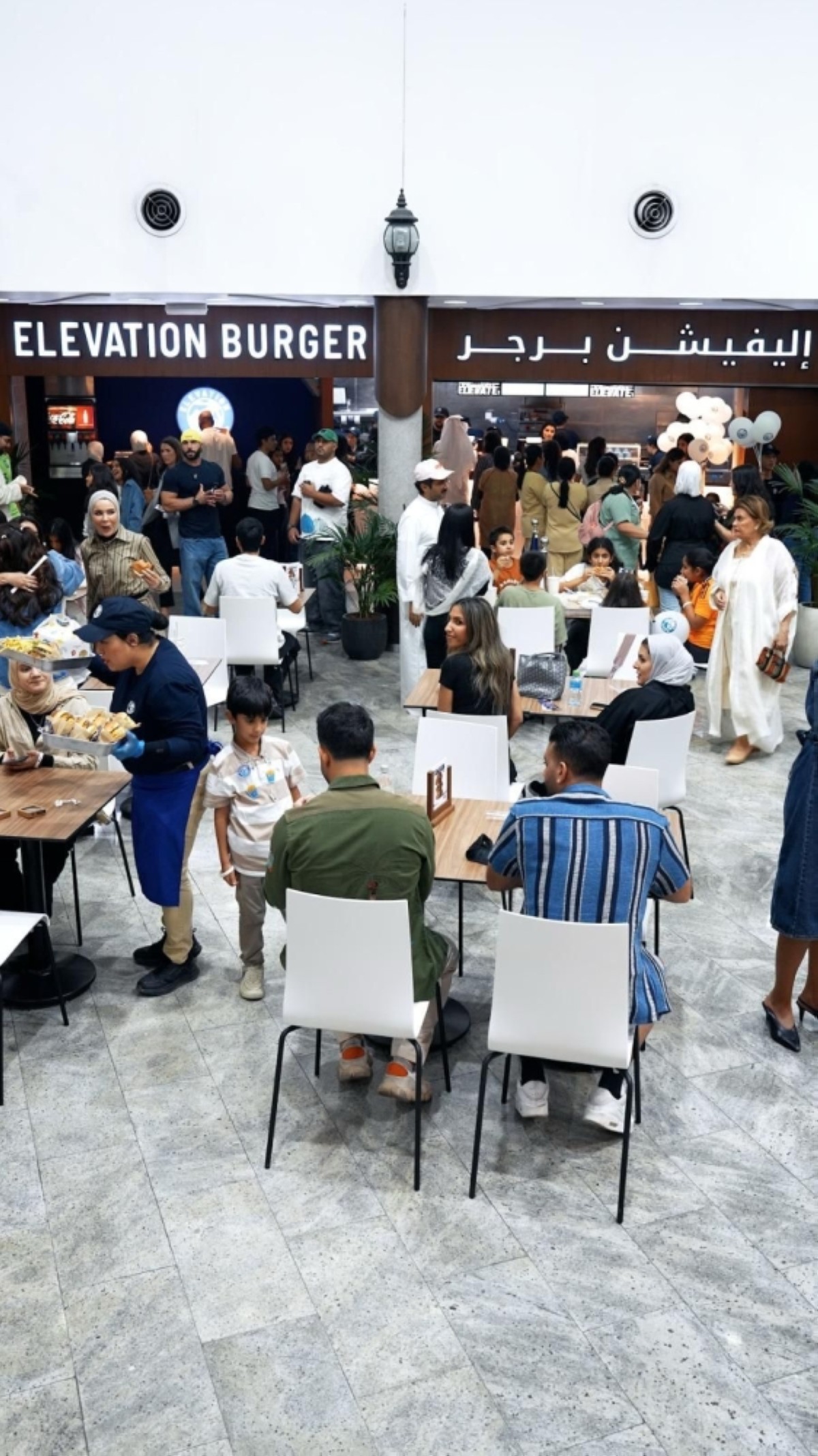By Syed Eshaan Ul-Haque
KUWAIT: Summers in Kuwait are becoming increasingly challenging for active residents, especially the youth. Rising temperatures, coupled with urban heat islands, are changing the way young people participate in outdoor activities, including both recreation and daily routines. Playgrounds that were once packed with children sit abandoned during the hottest hours, while families stay indoors relying on the cool air conditioner’s breeze to protect themselves from the heat.
According to recent climate data from the Kuwait Meteorological Department, the average summer temperatures in Kuwait have risen by nearly 2 degrees Celsius over the past 30 years, with the number of days it reaches over 45 degrees Celsius still increasing.
Kuwait’s nights tend to feel hotter than its days, researchers found. According to a 2020 study on urban heat and cool islands in Kuwait, some urban areas actually stay cooler than their arid undeveloped surroundings during the day — a phenomenon known as the daytime urban cool island. Experts say this could be due to factors such as moist soil in urban areas and the cooling effect of the Arabian Gulf, which help lower surface temperatures even during peak summer heat.
But once the sun sets, the situation flips. At night, Kuwait’s urban areas tend to stay warmer than nearby rural regions, creating what scientists call a nighttime urban heat island. The reason lies in the city’s manmade surfaces. Dark asphalt, concrete and rooftops soak up the sun’s energy during the day and slowly release it after dark. Add to that the heat from cars, air conditioners and fuel burning.
The constant heat can be very uncomfortable for the youth and can restrict them from doing their desired outdoor activities, especially during the summer. Hot temperatures also persist from May to November, making it difficult to enjoy the outdoors during the holiday and when school starts.
“In such dense heat, walking back home from school serves as a chore. I don’t think I’ve gone out, except to coffee shops, in these past few months,” says 17-year-old Sameeha Haque. “We all have increasingly started to fear the risks of extreme heat; it’s almost unbearable to walk under the sun, let alone play in the park.” Haque further explains she hasn’t been able to walk outside without worrying about sunburn and dehydration.
The effects of extreme heat have extended beyond mere discomfort, with physiological and cardiovascular health increasingly at risk, according to a 2024 study titled Impact of Extreme Heat on Cardiovascular Health in Kuwait: Present and Future Projections.
Experts have long highlighted the importance of outdoor play in natural environments for children’s learning and development. A 2024 study published in the Journal of Indian Association for Child and Adolescent Mental Health emphasizes that engaging in outdoor activities offers tangible advantages for physical health, including enhanced cardiovascular fitness, refined motor skills and increased synthesis of Vitamin D. “Nothing will truly beat the joy of a swing in the park with the warm air running through your body,” Haque reflects. “Although that vision seems to be fleeting now.”
The hot weather is more than a seasonal inconvenience. In a 2023 paper titled Extreme Heat and Work Injuries in Kuwait’s Hot Summers, researchers have identified it as a growing public and social health issue.
With record-breaking temperatures becoming an annual occurrence, the experiences of the younger generation must be at the forefront of planning and policy designs to ensure that future generations can enjoy the sun safely.

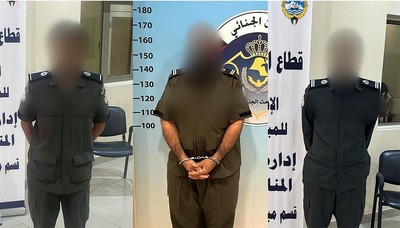
 Politics20 hours ago
Politics20 hours ago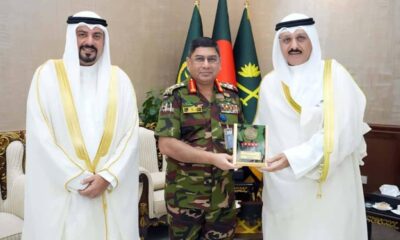
 Latest News23 hours ago
Latest News23 hours ago
 Latest News22 hours ago
Latest News22 hours ago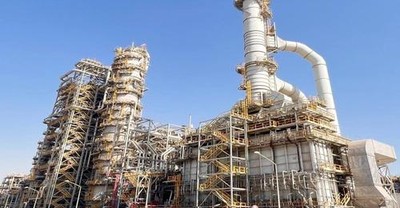
 Business11 hours ago
Business11 hours ago
 Latest News10 hours ago
Latest News10 hours ago
 Latest News8 hours ago
Latest News8 hours ago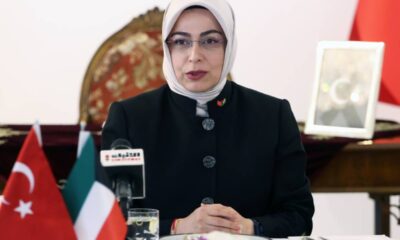
 Latest News11 hours ago
Latest News11 hours ago
 Latest News21 hours ago
Latest News21 hours ago
